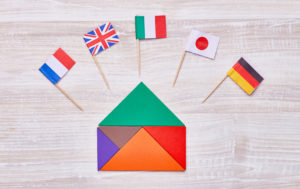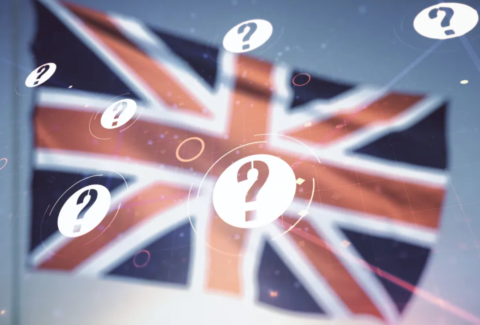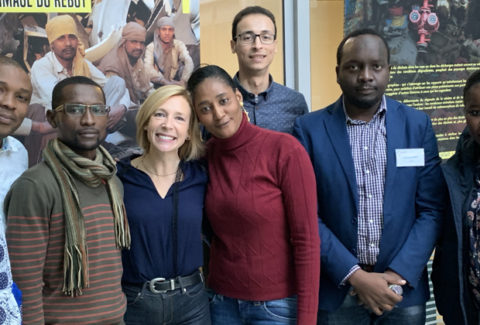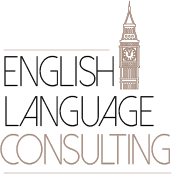Learning : What an adventure?
11 May 2018 2018-05-11 10:47Learning : What an adventure?
Learning : What an adventure?
 A recent article in Cognition magazine theorizes that if you haven’t started a new language before the age of 10, there is little to no chance of you ever being fluent. It seems that our grammar-learning abilities are preserved until adulthood (the ripe old age of 17.4!) and then decline steadily from there.
A recent article in Cognition magazine theorizes that if you haven’t started a new language before the age of 10, there is little to no chance of you ever being fluent. It seems that our grammar-learning abilities are preserved until adulthood (the ripe old age of 17.4!) and then decline steadily from there.
For anyone struggling with the present perfect continuous, this will come as good news. It’s not your fault. It’s nature!
I remember my very first year of French aged 9 (dangerously close to the limit, you might observe) sweating and straining, sucking my pen top until the ink painted lagoons around my lips, desperately trying to retain a list of ten words of vocabulary.
It was lucky that my parents that year, in a desperate measure to open my unworldly brain to other cultures, broke their piggy bank and took my brother and I to France for a four-week camping holiday during which I barely spoke a word, being painfully shy and averse to talking to strangers of any type. However, I was secretly observing every movement, every gesticulation, every pouted pronunciation and apparently, this was enough to liberate something deep within me, making me much less of a dunce the following year.
So, in terms of fundamental similarities, I think immersion is the number one way for anyone to get closer to fluency in another language, and probably why citizens of countries like Aruba, Luxembourg, Singapore and South Africa are much more successful at being polyglot. They all have either complex colonial histories, strong regional loyalties or the cultural influence of nearby superpowers which mean that their populations are forced into listening to and speaking several languages from birth.
According to the results of a vote organized for European Day of Languages, Britain has been revealed to be the most monolingual country in Europe … quite possibly the world. We really are rubbish. Certainly, a part of this stems from a chauvinistic belief that we don’t need any other languages – that shouting in English at waiters in any country is more than enough to get by. Another part of the problem is that we don’t learn grammar at school. We learn spelling so that we spell things like ‘embarrassment’ right (wait, is that two r’s or one? … dammit!). Thus, at the ancient age of 9 when we finally settle down to learn French, German or Spanish and discover conjugation, it’s just too much to handle.
I recollect being absent on the day our French teacher explained the difference between those verbs which took the auxiliary ‘avoir’ and those which took ‘être’ in the passé composé and it took me a whole year to catch up. It just didn’t seem rational for an intelligent nation to have concocted such a rule!
And yet, once you have learnt your ‘er’, ‘ir’ and ‘re’ verbs (and of course the irregulars), once you have mastered the subjunctive and can perform feats of the impossible such as “j’eusse aimé que tu m’eusses reçu hier”, learning French becomes a wonderful voyage of discovery.
English, on the other hand, seems deceptively easy when you first begin to speak. The present simple …. What could be simpler ….? The preterit? …. The same rules again more or less? The future? Just write “will”? I’ll be fluent in days!
And yet no. It is still so rare to find someone who gets it perfectly right. And why is that? Is it the present perfect that makes everything suddenly so complicated? Is it the numerous phrasal verbs that give English-learners the shivers? Is it the musicality of the language that takes us all over the musical spectrum before dive-bombing to a full-stop or is it the tonic accent which gives people away (I note that even Macron, whose English is incredibly passable, still slips up sometimes on where to stress his words) http://urlz.fr/7372
Whatever it is, it is not a reason to give up. English is a language for communication and even if you spell embarrassment with one ‘r’ and put the tonic accent of ‘anchor’ at the end of the word instead of the beginning, you’re still learning a language, you’re opening yourself up to the world, you’re protecting your brain from Alzheimer’s so you’re still a hero to me.








